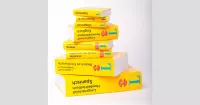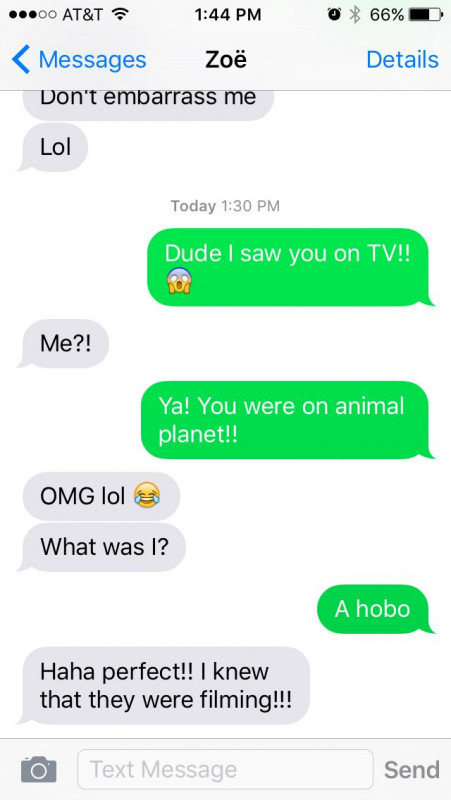LOL is an internet slang initialism that stands for "laughing out loud." Originating on Usenet, it's now common in various forms of online and offline communication. It expresses amusement, irony, or hidden meaning. LOL is part of a broader set of initialisms used to convey physical reactions in text, especially laughter, with variations like LMAO and ROFL indicating more intense amusement.
May 8, 1989: Earliest Recorded Use of LOL
On May 8, 1989, the earliest recorded mention of LOL in the contemporary meaning of "Laughing Out Loud" was made in a list of common online acronyms in the electronic newsletter FidoNews, according to the Oxford English Dictionary and linguist Ben Zimmer.
March 2011: LOL Listed in Oxford English Dictionary
In March 2011, the Oxford English Dictionary first listed LOL.
March 24, 2011: LOL Formally Recognized in Oxford English Dictionary
On March 24, 2011, LOL, along with other acronyms, was formally recognized in an update of the Oxford English Dictionary. The research determined that the earliest recorded use of LOL as an initialism was for "little old lady" in the 1960s.
Mentioned in this timeline

A dictionary is a reference work containing lexemes from one...

Oxford is a city in Oxfordshire England It serves as...
Trending

47 minutes ago Wheel of Fortune Puzzle Board Displayed at Strong Museum, Vanna White Connection

47 minutes ago Al Roker's Name Featured on Mysterious New Jersey Billboard, 'Today' Hosts React
47 minutes ago TCU vs Texas Tech: Odds, picks, predictions for Football and Basketball match.
47 minutes ago Georgetown vs. St. John's Basketball: Live Streaming, Odds, and Predictions Today
3 hours ago 2026 Primary Elections: Updates from Texas House District 23 and North Carolina.
3 hours ago Lamine Yamal Eclipses Ronaldo, Messi: Is Barcelona Too Dependent? Historic Performance Liberates
Popular

Hillary Diane Rodham Clinton is a prominent American politician lawyer...

Jesse Jackson is an American civil rights activist politician and...

Jim Carrey is a Canadian-American actor and comedian celebrated for...

Ken Paxton is an American politician and lawyer serving as...

Bill Clinton served as the nd U S President from...

XXXTentacion born Jahseh Dwayne Ricardo Onfroy was a controversial yet...
